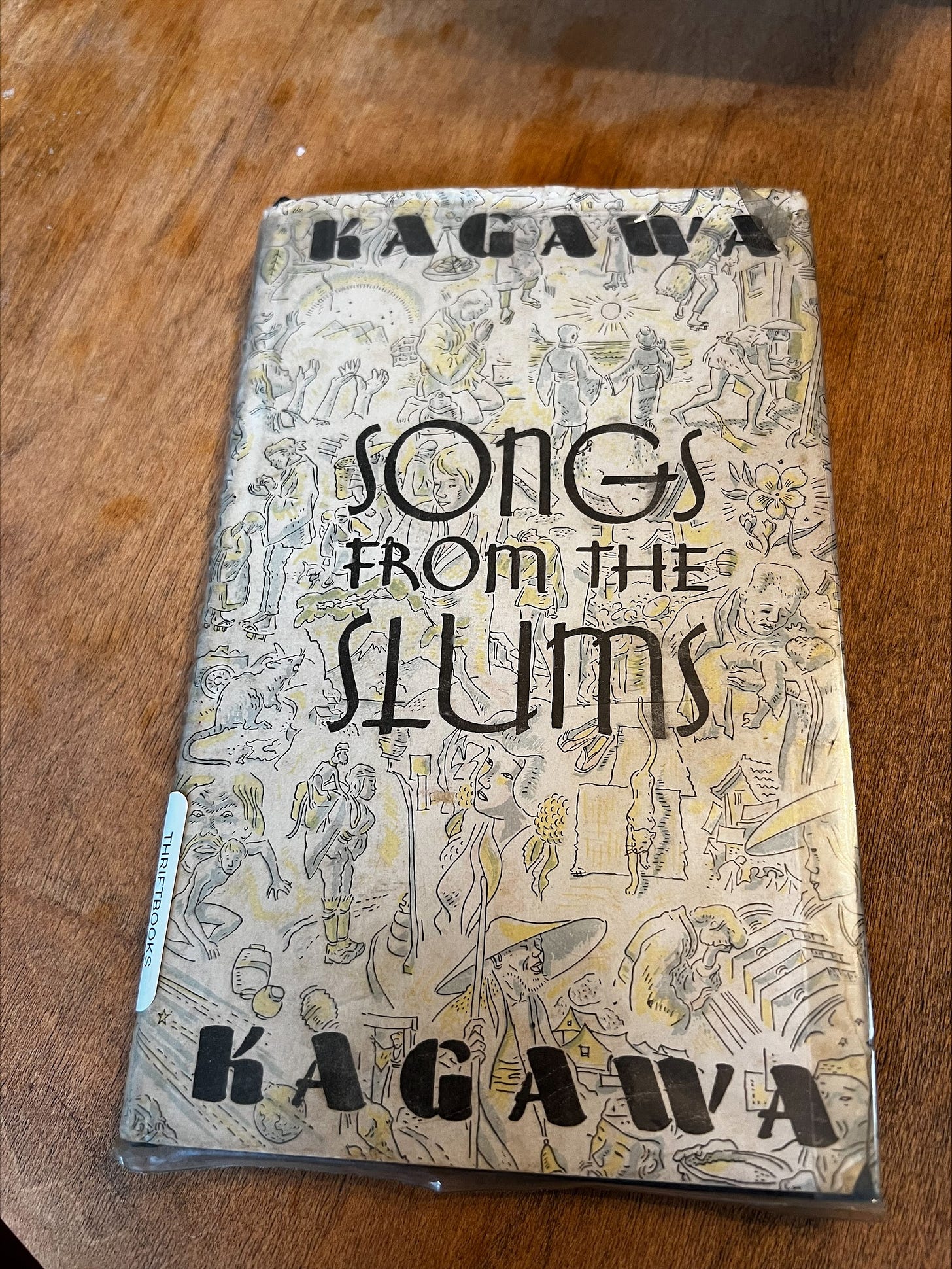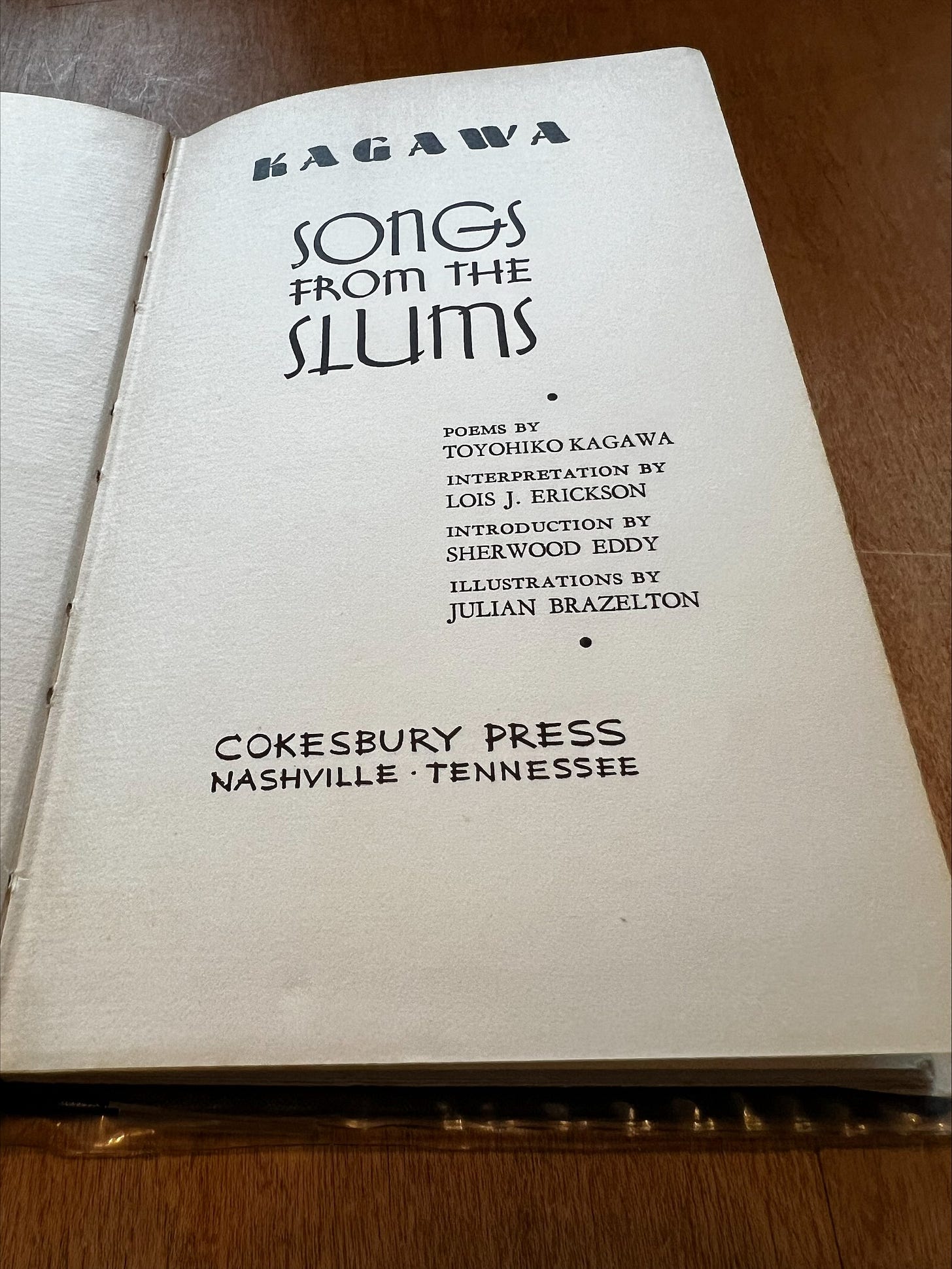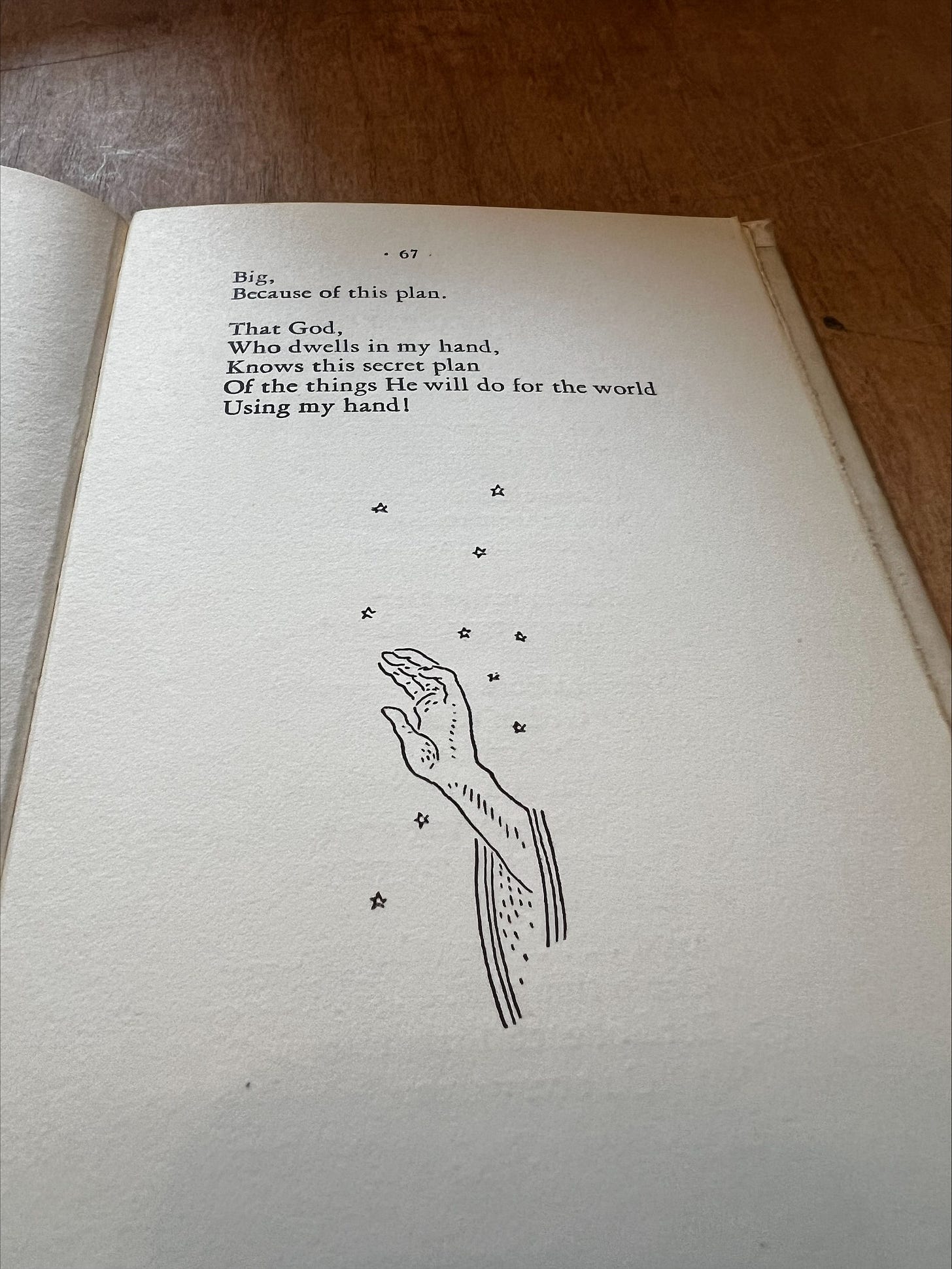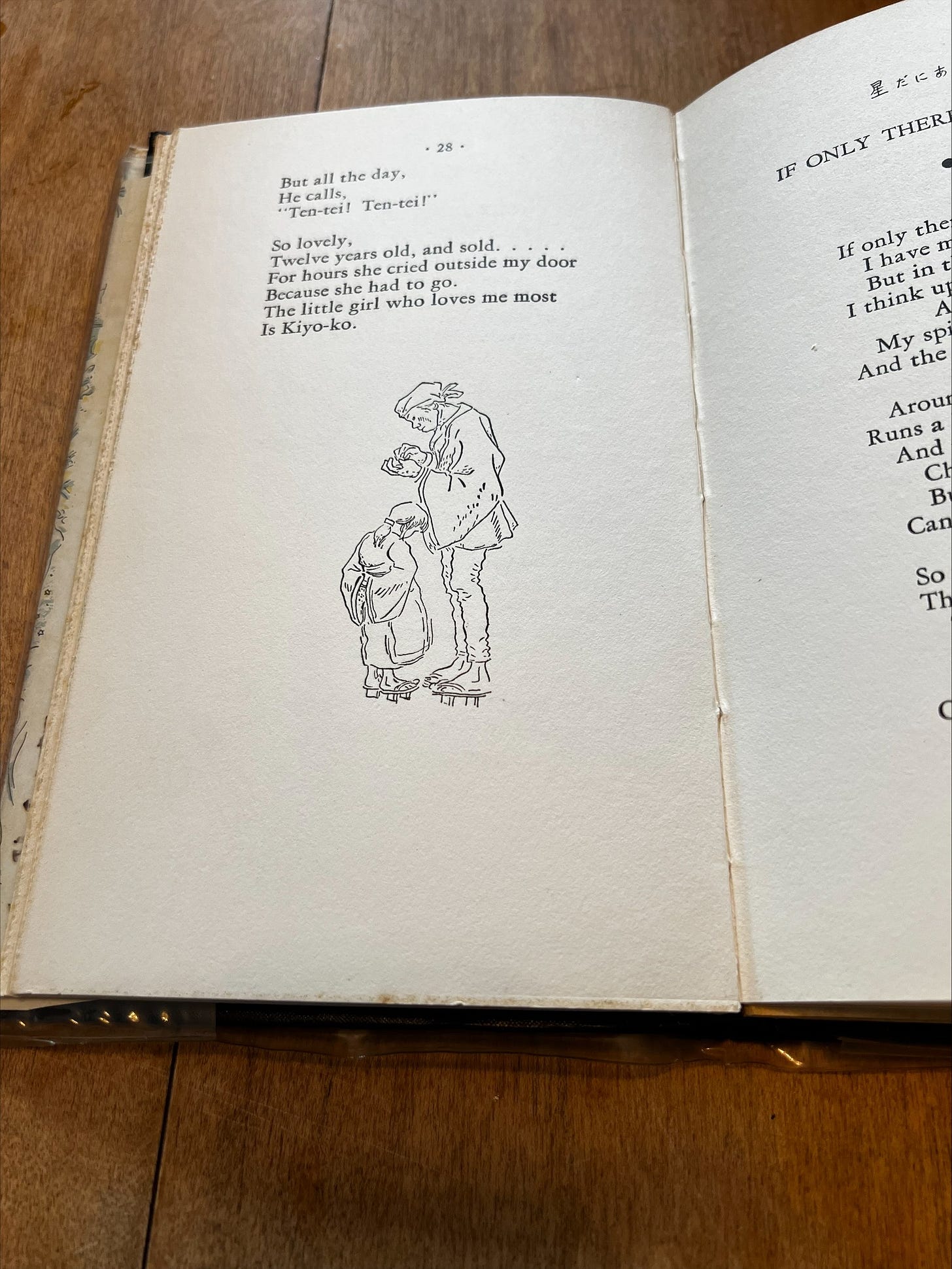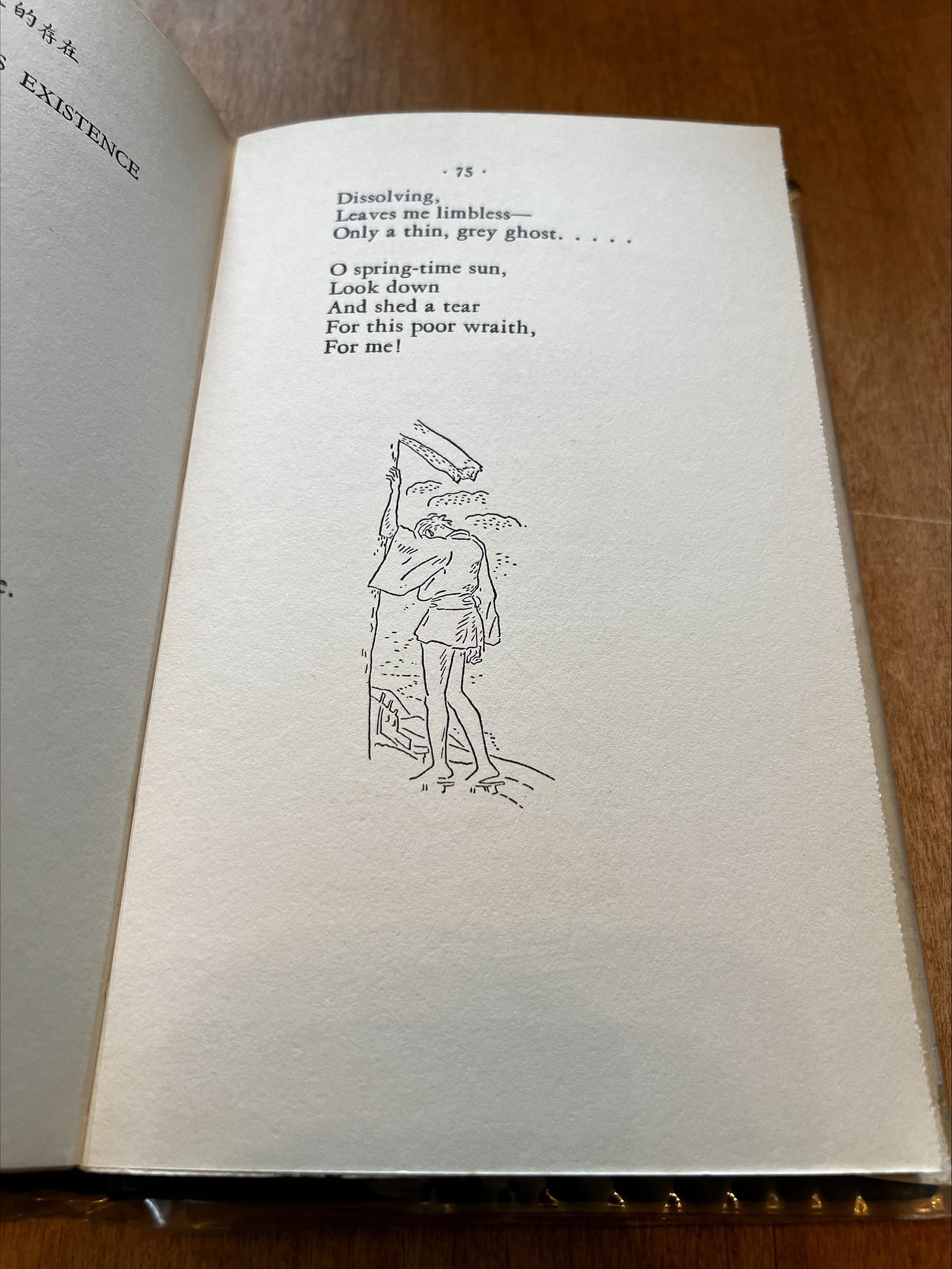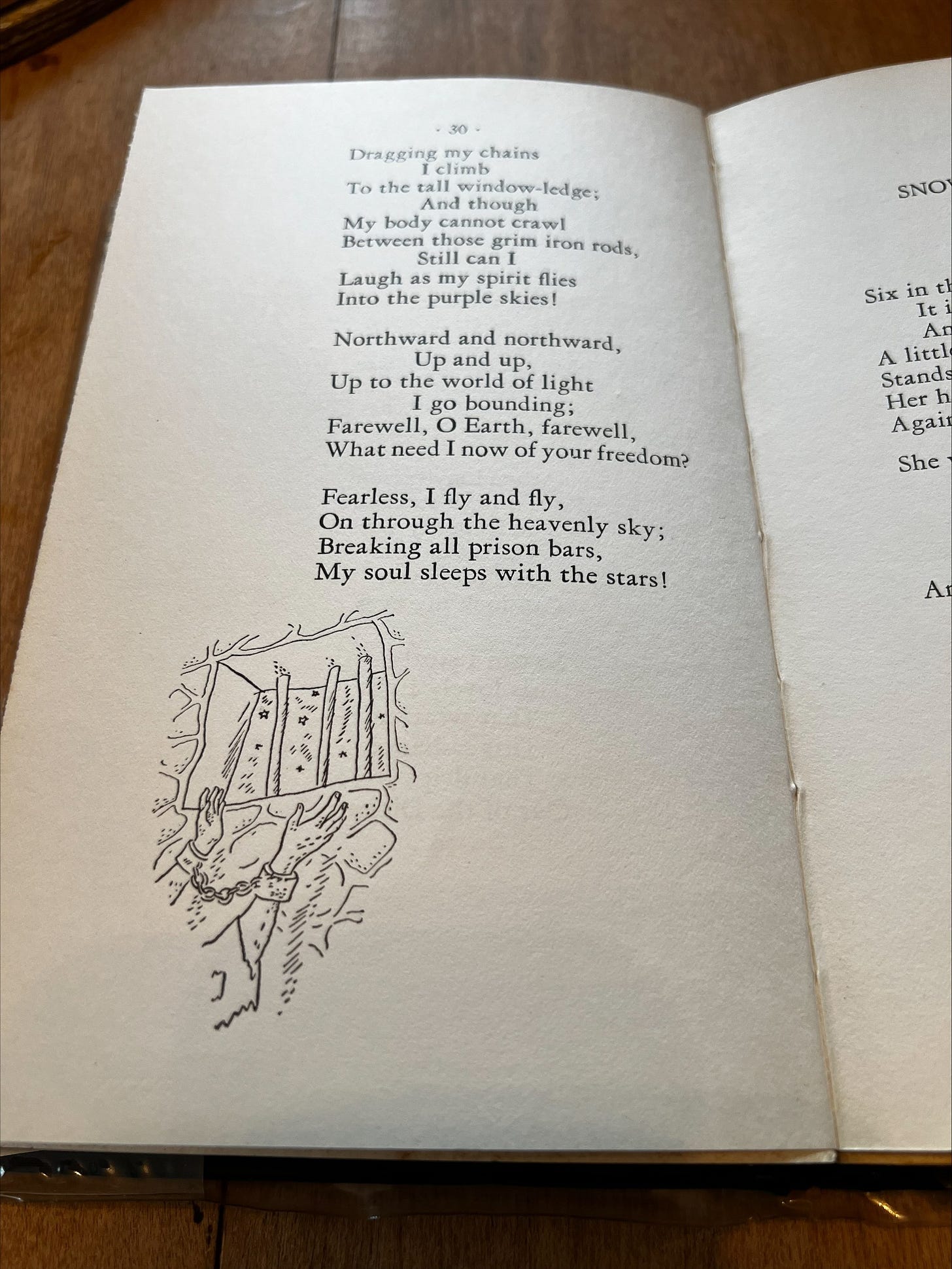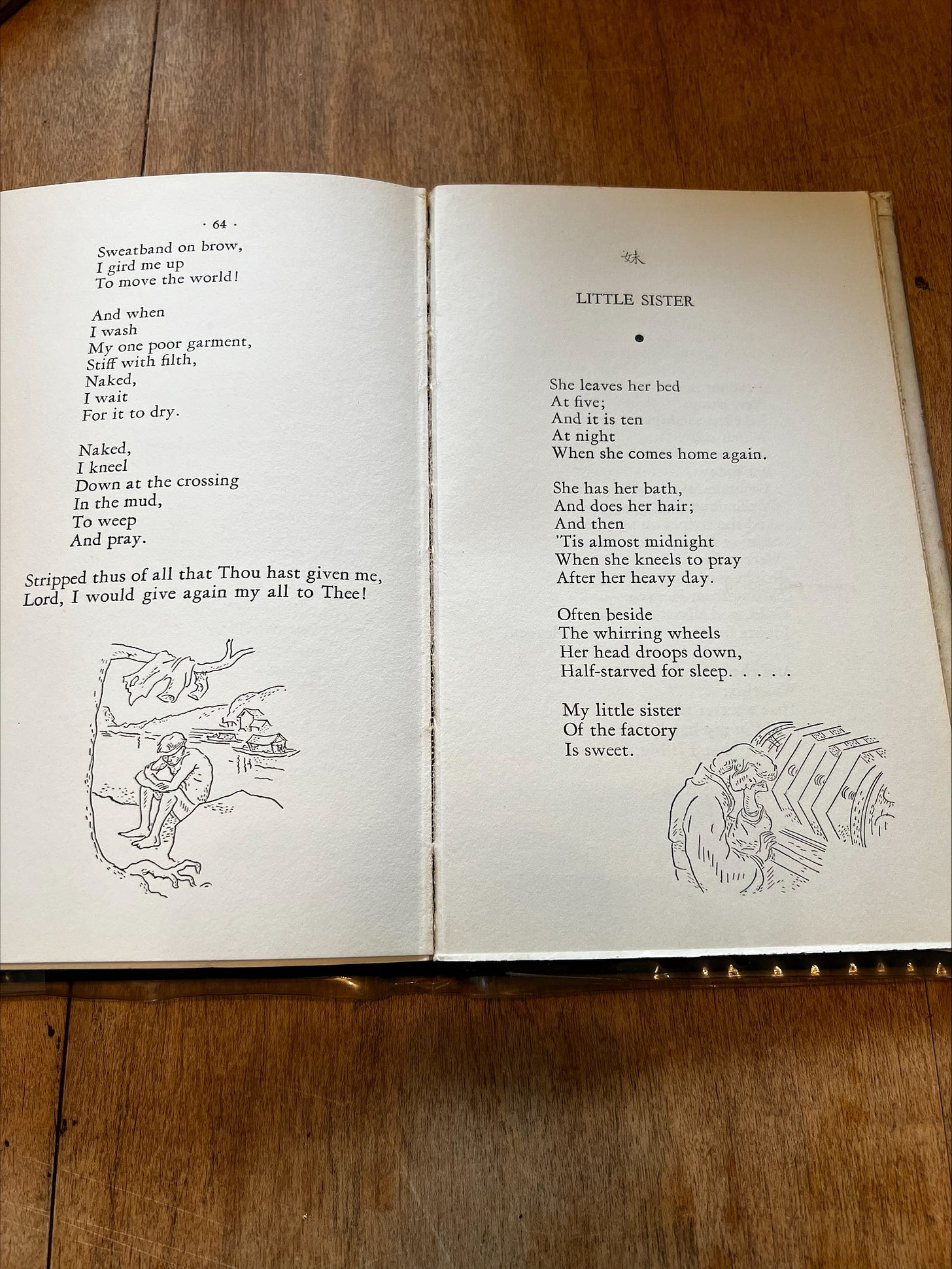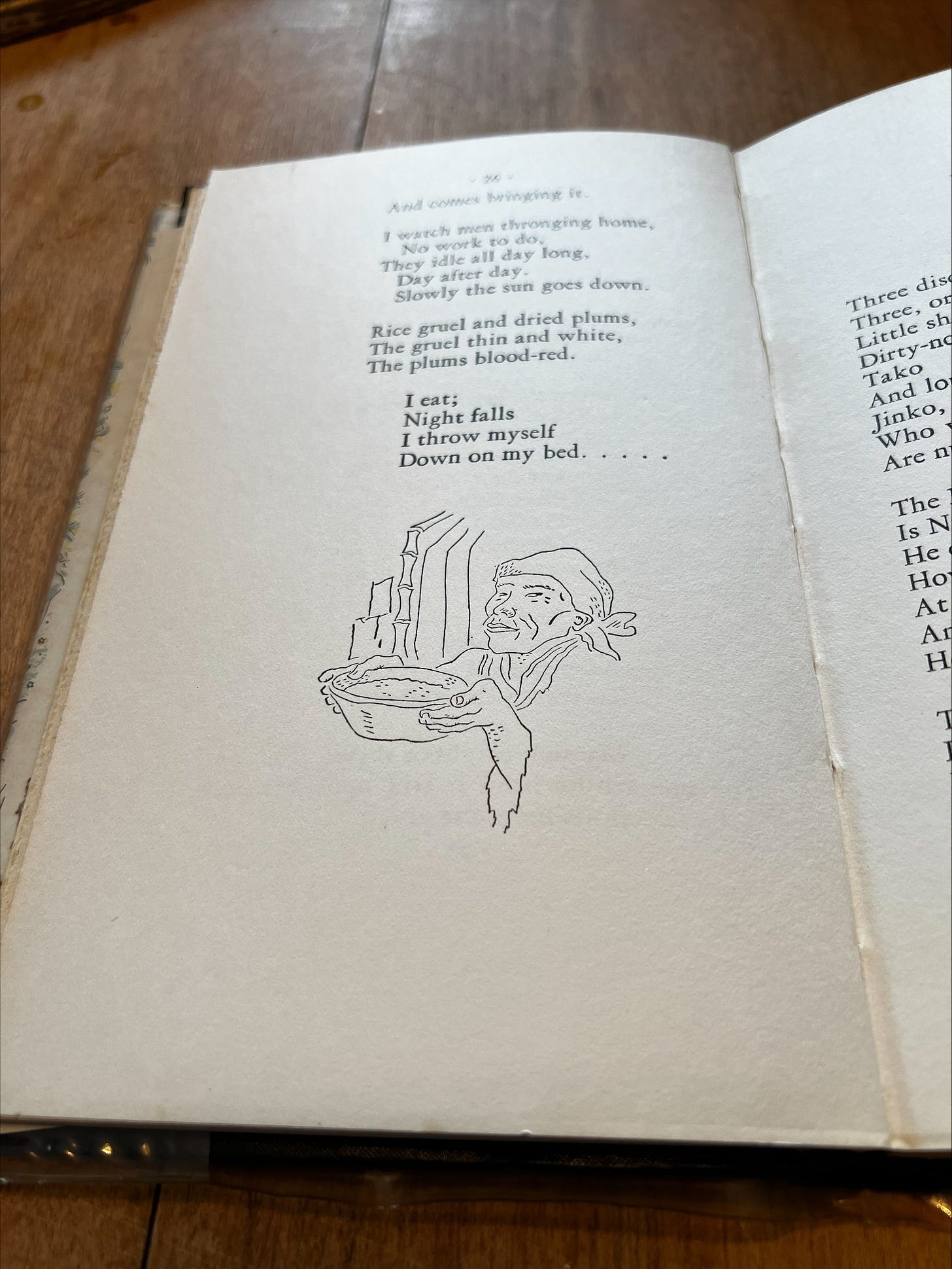Toyohiko Kagawa (1888-1960) lived in a 6x6 foot paper hut at the intersections of poetry, theology, empire, and the life of the heart.
I first came across Kagawa when “Our Church Speaks” made an icon of him with his words floating above his head, “I read in a book that a man named Christ went about doing good. It distresses me that I am so easily satisfied with just going around.”
I read up on Kagawa’s life. He was raised in a loveless home, and it was Christian missionaries who showed him the first genuine kindness of his life. He converted to Christianity, and while studying for the ministry moved into the slums to preach the good news of Jesus Christ, and to live in solidarity with the poor.
This was during the time leading up to World War II when Japan was rapidly industrializing for the purpose of building a war machine which would dominate the Pacific. It is in these perilous times that Kagawa demonstrates how to oppose empire by loving the least of these. He was a peacemaker.
It does not escape notice that “Songs From The Slums” was published by Cokesbury in 1935, 6 years before the Empire of Japan’s attack upon Pearl Harbor on December 7th 1941.
I ordered “Songs From The Slums” expecting a memoir depicting the lives of the long forgotten. What I received in the mail was heart rending beauty. This book is a collection of poems and illustrations that would be popular on Instagram today. Kagawa is doing poetry that is in the slant style of Emily Dickinson and the popular modern poets of today.
Sherwood Eddy writes in the foreword,
“Like many noble and gentle souls who have preceeded him, he has been able “find that Christ through tears.” His Bible is not a mere book, but the pulsing life that passes beneath his window in the slums. His Christ, and the Christ of these poems, is one who goes to his death anew in the person of the victims of leprosy and tuberculosis who knows the dull despair fo the unemployed, and is no stranger to the crushing woe of the women sold into captivity of lust that they and their families may eat bread.”
Long before Henri Nouwen and Eugene Peterson showed us the life of the heart in Christ, Kagawa was preaching good news to all the captives, to the captives of poverty, and to the captives of power.




